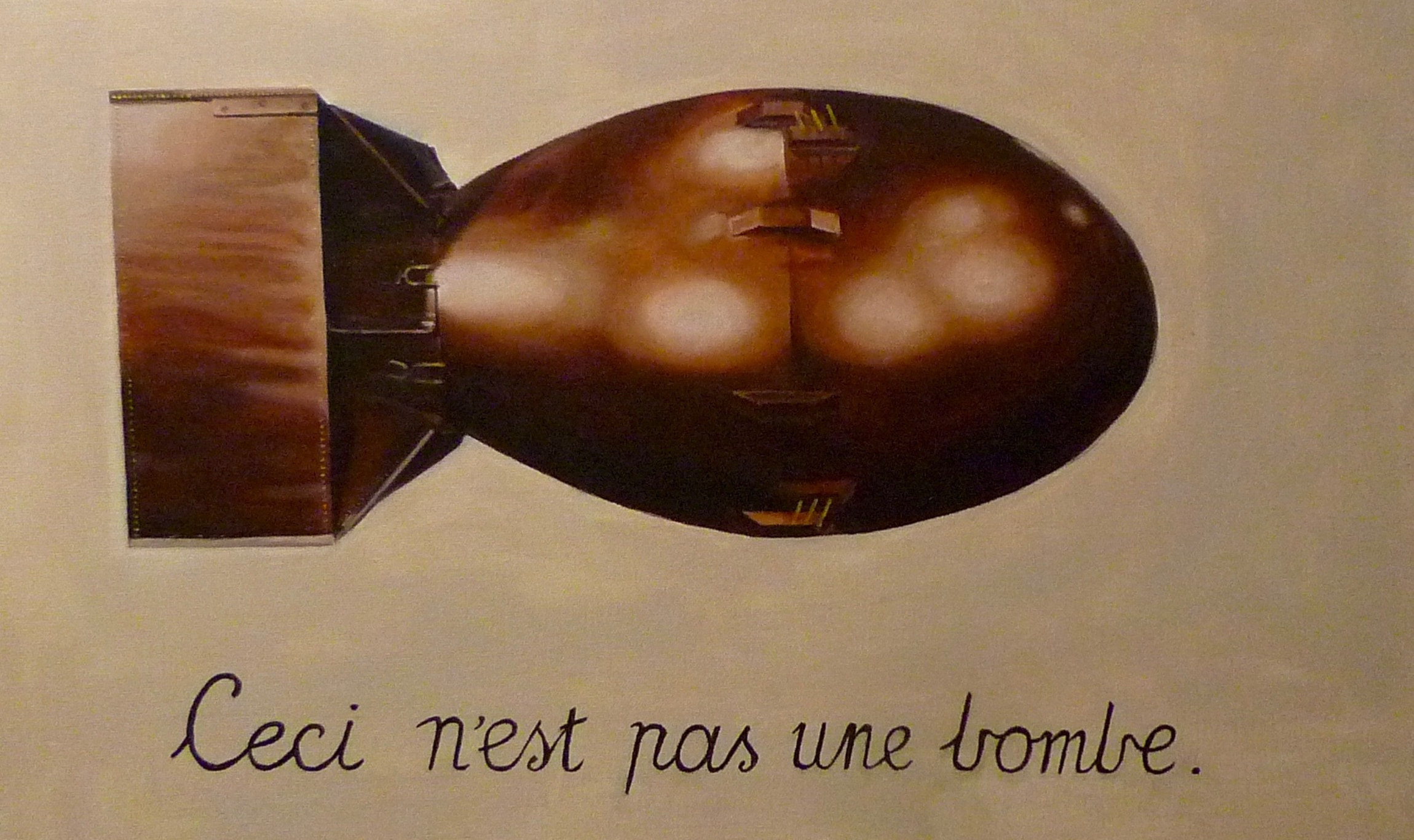June 1, 2024
In spring 2024, SGS organized a semester-long nuclear psychology reading and discussion group. The aim was to deepen understanding of the individual and social psychological mechanisms driving risk perceptions, attitudes, feelings and behaviors in response to the risks from nuclear weapons and nuclear war.
The nuclear psychology group was led by Astrid Kause, a visiting researcher at SGS. Kause is trained in psychology and is a member of the faculty of the School of Sustainability, Leuphana University of Lüneburg, Germany. She is an affiliate of Princeton University’s Behavioral Science for Policy Lab and the Fiske Lab.
Kause’s work at SGS includes a systematic review of post-Cold War empirical studies on public perceptions of nuclear weapons from psychology and related fields to understand people’s perceptions and behaviors in response to the risks posed by nuclear weapons and nuclear war. It aims to develop an updated research agenda for psychologists and related fields for studies on cognitive mechanisms driving psychological responses related to risks from nuclear weapons and other dread risks.
The reading group was open to SGS members as well as to faculty, researchers, and graduate students from other programs engaged in related studies. It met six times over the semester from February to May 2024, with 8 to 12 participants each time. Readings included theoretical articles as well as exemplary empirical psychological studies from the 1980s to today. A brief list of topics is below, and the annotated reading list is here.
Session 1: People’s reactions and the psychology of nuclear danger and the possibility of nuclear war
Session 2: Past and current public perceptions of nuclear weapons risks and behaviors
Session 3: Psychic numbing and virtuous violence
Session 4: Mechanisms driving formation of beliefs and attitudes and how and why people avoid information
Session 5: Psychological motivations linked to activism and collective action
Session 6: Reflections on the past and future of nuclear psychology as a field of study
